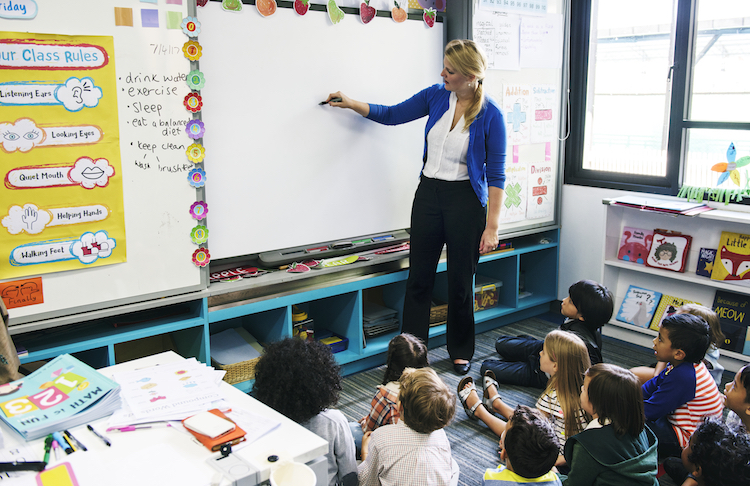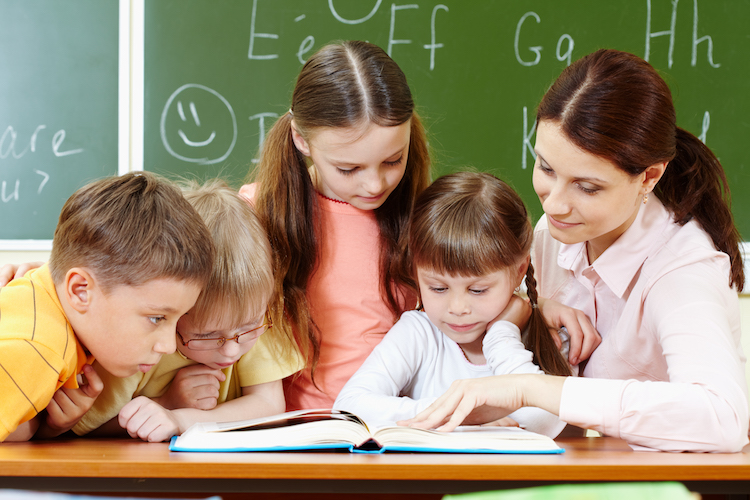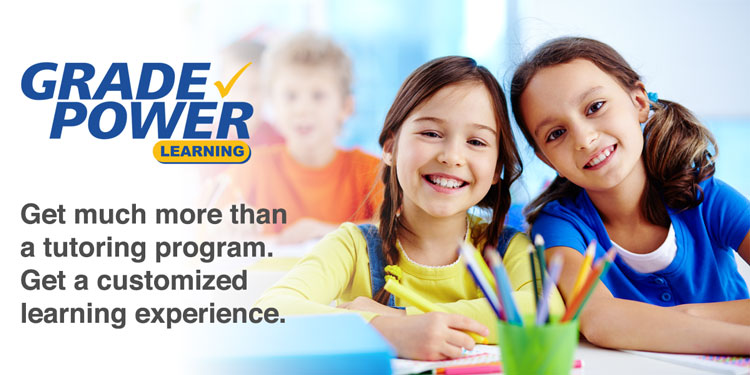


Kindergarten is serious business these days. Long gone are the days of milk and cookies and taking naps in the afternoon. Our little ones are doing a lot of work to prepare their education for the 1st-grade academic and beyond. Is your child prepared for kindergarten?
I recently read the Minimum Grade Level and Accelerated Standards for kindergarten Math and Language Arts. It seemed like a lot but these are the foundation skills our little ones are starting their education for early success. I then went to Google and started searching for more information.
The articles were nearly endless. Numbered lists offering advice were everywhere, including my favorite “71 Things Your Child Needs to Know Before Kindergarten.” Is counting to 71 one of those things? It‘s too much.

It is easy to get overwhelmed with so much information. Stop. Take a breath. This will be easier than you think and we will help break it down. Let’s take a look at what a child needs for early academic success.
Early childhood education may very well be the most important step in a child’s educational career. This is the time where the entire framework for future learning is created. I will focus on the three major areas of development that are built and defined during these early years of education. Those areas of development are; intellectual, emotional, and fine motor skills development.

The goal of intellectual development is to help your child refine their use of thinking skills, building concepts, and following processes. This will enable a child to piece together knowledge and effectively apply it to their environment. We are going to break these skills into three subcategories; Reading Skills, Writing Skills, and Math Skills.

The second area of academic development shaped during early childhood is emotional development. This area relates to a child’s acceptance of self, along with how they cope with their surroundings. This area is further broken into three subcategories; Social Skills, Language Skills, and Listening Skills.
Language Skills:
The last area of academic development is fine motor skills. This skill is easily practiced with activities where children have to write, use scissors to cut paper, and glue to put pieces back together or turn pages in a book. Activities that help your little ones manipulate their world using hand-eye coordination fall into the category of Fine Motor Skills development.
While there are lots of skills to learn, many can be incorporated through play. The main thing is to make sure that learning is fun. You want to give children an opportunity to learn something new and apply the skills they learned. That way they see value in learning.
Encourage them to talk about anything and everything. Going through this process will help us to understand what our little ones are good at. We can better identify what skills are natural abilities and what areas need more encouragement.
For instance, if you have a “Lil Miss Chatty Cathy” on your hands, emotional development is probably something that naturally comes easy to her. If needed, look for ways to encourage fine motor and writing skills. Talk about what you are doing to further enhance her natural ability as well. Each child is different and will have different skills, abilities, and needs. As a parent, you will need to be looking for their natural strengths and shoring up their challenges.
We also want to give our children opportunities that stretch their abilities. Of course, we want our children to succeed, but we also want controlled failure. We want our children to learn from their mistakes and see they can improve. Finding out they can learn from mistakes will help to build self-esteem. By developing self-esteem and confidence a child is better able to handle bigger challenges as they arise.

For 25 years GradePower Learning has been helping students reach their academic potential with uniquely developed programs that make a real difference in the way that children approach their learning. With GradePower Learning, better grades are just the beginning.
4kids.com has a huge resource of tutoring providers. To find out more, visit the Tutoring Category. You can also read more of the Education Category blog post.
Just enter your email address below and you’ll get an email every time we publish a new post!
Categories :
We believe in building & supporting the community and that finding the resources and things to do for your kids should be easy. 4kids.com is a FREE online resource guide for families with kids in a city near you.
View All PostsNotifications